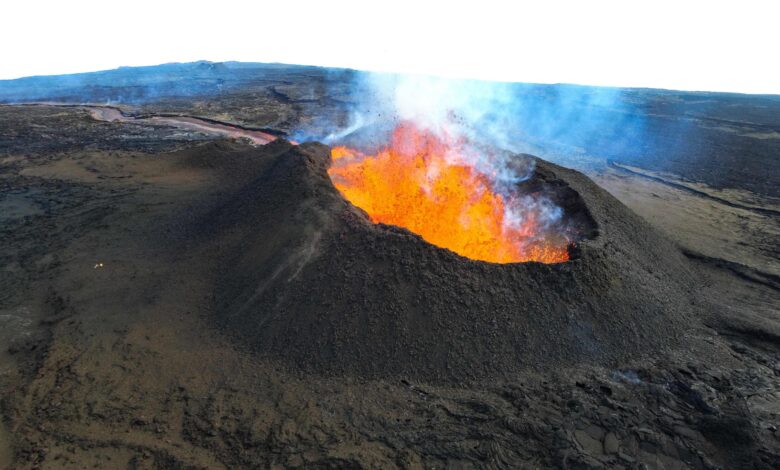
Geothermal Energy: A Sustainable Future for Bitcoin Mining in El Salvador
Bitcoin mining, notorious for its high energy consumption and reliance on advanced computer systems, has long been a subject of criticism. In response, the Bitcoin mining industry is striving to find solutions that reduce energy usage without compromising the generation of this digital currency. One innovative idea comes from President Nayib Bukele of El Salvador, who suggests leveraging the country’s geothermal energy through a novel ‘rent-a-volcano’ initiative.
President Bukele’s Vision: Harnessing Volcanoes for Bitcoin Mining
El Salvador, a trailblazer in adopting Bitcoin as legal tender, is keenly interested in exploring sustainable mining methods. President Bukele, known for his pro-crypto stance, is actively seeking ways to enhance Bitcoin adoption through environmentally friendly means. By proposing the use of the country’s abundant geothermal resources, Bukele aims to position El Salvador as a leader in sustainable Bitcoin mining.
In a recent social media statement, Bukele highlighted the potential of utilizing El Salvador’s 170 volcanoes for this purpose. He believes that renting these geothermal resources to third-party Bitcoin miners could pave the way for a revolution in how digital currencies are mined using natural energy.
Advancements in Geothermal-Powered Bitcoin Mining
El Salvador is already making significant strides in Bitcoin mining, having mined 474 Bitcoins valued at $46 million since 2021. The country’s success in using geothermal energy for mining operations has inspired the ‘rent-a-volcano’ concept, which was shared by Bukele on November 25th. This initiative is seen as a practical step towards reducing the carbon footprint of Bitcoin mining while maximizing the use of renewable resources.
Challenges and Criticisms from Ecologists
Despite the enthusiasm surrounding Bukele’s proposal, some ecologists express skepticism. Concerns have been raised about whether geothermal energy can meet the demands of large-scale Bitcoin mining operations. Ricardo Navarro, a prominent ecologist, has voiced his opposition, suggesting that the president may not fully grasp the country’s energy dynamics. He argues that adding mining to the mix could exacerbate existing energy challenges.
In 2021, Bukele unveiled plans for a volcano-powered mining facility, but this too faced criticism. Ecologists and critics argue that establishing a ‘Bitcoin City’ near a volcano could be impractical, and that geothermal energy, while renewable, may not be cost-effective or sustainable in the long run.
Conclusion: A Path Towards Sustainable Cryptocurrency Mining
President Bukele’s ‘rent-a-volcano’ initiative represents a bold move towards sustainable cryptocurrency mining. By tapping into El Salvador’s rich geothermal resources, the country has the potential to lead the way in environmentally friendly Bitcoin production. However, as with any innovative approach, it faces hurdles and opposition from various quarters. The success of this initiative will depend on effectively addressing these challenges and proving that renewable energy can power the future of digital currencies.







